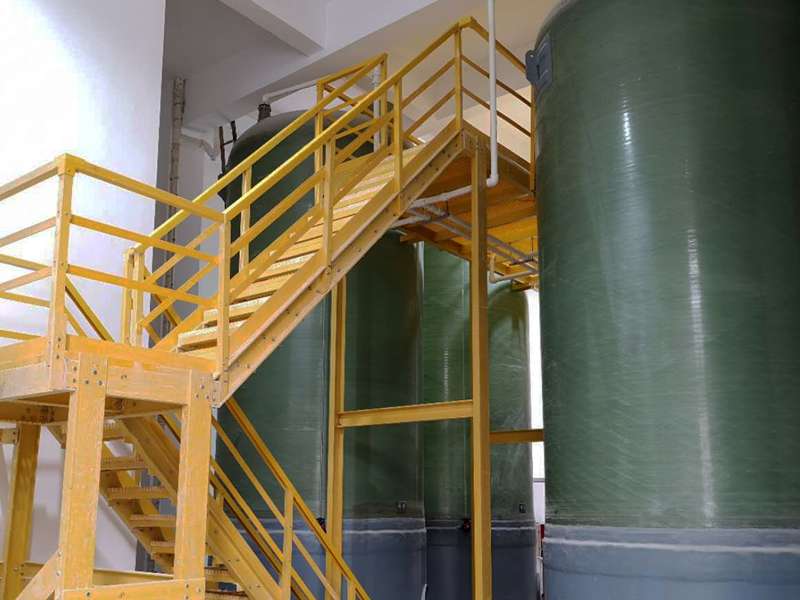
-
 Afrikaans
Afrikaans -
 Albanian
Albanian -
 Amharic
Amharic -
 Arabic
Arabic -
 Armenian
Armenian -
 Azerbaijani
Azerbaijani -
 Basque
Basque -
 Belarusian
Belarusian -
 Bengali
Bengali -
 Bosnian
Bosnian -
 Bulgarian
Bulgarian -
 Catalan
Catalan -
 Cebuano
Cebuano -
 China
China -
 China (Taiwan)
China (Taiwan) -
 Corsican
Corsican -
 Croatian
Croatian -
 Czech
Czech -
 Danish
Danish -
 Dutch
Dutch -
 English
English -
 Esperanto
Esperanto -
 Estonian
Estonian -
 Finnish
Finnish -
 French
French -
 Frisian
Frisian -
 Galician
Galician -
 Georgian
Georgian -
 German
German -
 Greek
Greek -
 Gujarati
Gujarati -
 Haitian Creole
Haitian Creole -
 hausa
hausa -
 hawaiian
hawaiian -
 Hebrew
Hebrew -
 Hindi
Hindi -
 Miao
Miao -
 Hungarian
Hungarian -
 Icelandic
Icelandic -
 igbo
igbo -
 Indonesian
Indonesian -
 irish
irish -
 Italian
Italian -
 Japanese
Japanese -
 Javanese
Javanese -
 Kannada
Kannada -
 kazakh
kazakh -
 Khmer
Khmer -
 Rwandese
Rwandese -
 Korean
Korean -
 Kurdish
Kurdish -
 Kyrgyz
Kyrgyz -
 Lao
Lao -
 Latin
Latin -
 Latvian
Latvian -
 Lithuanian
Lithuanian -
 Luxembourgish
Luxembourgish -
 Macedonian
Macedonian -
 Malgashi
Malgashi -
 Malay
Malay -
 Malayalam
Malayalam -
 Maltese
Maltese -
 Maori
Maori -
 Marathi
Marathi -
 Mongolian
Mongolian -
 Myanmar
Myanmar -
 Nepali
Nepali -
 Norwegian
Norwegian -
 Norwegian
Norwegian -
 Occitan
Occitan -
 Pashto
Pashto -
 Persian
Persian -
 Polish
Polish -
 Portuguese
Portuguese -
 Punjabi
Punjabi -
 Romanian
Romanian -
 Russian
Russian -
 Samoan
Samoan -
 Scottish Gaelic
Scottish Gaelic -
 Serbian
Serbian -
 Sesotho
Sesotho -
 Shona
Shona -
 Sindhi
Sindhi -
 Sinhala
Sinhala -
 Slovak
Slovak -
 Slovenian
Slovenian -
 Somali
Somali -
 Spanish
Spanish -
 Sundanese
Sundanese -
 Swahili
Swahili -
 Swedish
Swedish -
 Tagalog
Tagalog -
 Tajik
Tajik -
 Tamil
Tamil -
 Tatar
Tatar -
 Telugu
Telugu -
 Thai
Thai -
 Turkish
Turkish -
 Turkmen
Turkmen -
 Ukrainian
Ukrainian -
 Urdu
Urdu -
 Uighur
Uighur -
 Uzbek
Uzbek -
 Vietnamese
Vietnamese -
 Welsh
Welsh -
 Bantu
Bantu -
 Yiddish
Yiddish -
 Yoruba
Yoruba -
 Zulu
Zulu
frp customized product
Customized Products The Future of Personalized Solutions with FRP
In today's fast-paced and ever-evolving world, the demand for customized products is skyrocketing. As consumers increasingly seek out solutions that meet their unique needs and preferences, industries are responding by adopting innovative technologies and materials. One such solution that has gained traction is Fiber Reinforced Polymer (FRP). This advanced composite material is transforming the landscape of customized production across various fields, including construction, automotive, aerospace, and more.
What is FRP?
Fiber Reinforced Polymer (FRP) is a composite material made of a polymer matrix reinforced with fibers. The most common fibers used in FRP include glass, carbon, and aramid, each offering different properties that enhance the material's strength, durability, and resistance to environmental factors. FRP is lightweight, corrosion-resistant, and highly customizable, making it ideal for targeted applications where traditional materials fall short.
The Benefits of FRP in Customized Products
1. Tailored Strength and Flexibility One of the most significant advantages of FRP is its ability to be engineered for specific applications. By adjusting the type, orientation, and volume of fibers used, manufacturers can create materials that possess the desired mechanical properties for particular projects. This level of customization allows for products that are not only strong and resilient but also light and flexible, meeting the diverse needs of different industries.
2. Corrosion Resistance FRP’s inherent resistance to corrosion makes it an excellent choice for products exposed to harsh environments, such as chemical plants or coastal construction. Customized FRP solutions can withstand a wide range of temperatures and corrosive substances, providing longevity and reducing maintenance costs.
3. Design Freedom The versatility of FRP enables designers and engineers to create complex shapes and designs that would be challenging or impossible with traditional materials. This freedom is particularly beneficial in architecture and industrial design, where aesthetic appeal is just as important as functionality. With FRP, custom molds can be created, allowing for unique designs that stand out while still providing practical benefits.
4. Sustainability As industries shift towards more sustainable practices, FRP provides an environmentally friendly alternative to traditional materials. Many FRP products are made from recycled fibers and can be produced with less energy than their metal or concrete counterparts. Moreover, because FRP products typically have a longer lifespan, they contribute to reducing waste and minimizing the carbon footprint.
frp customized product

Applications of Customized FRP Products
The uses for customized FRP products are vast and varied
- Construction In the construction industry, FRP is being used for everything from rebar to beams and even building facades. Custom FRP solutions can be designed to fit specific structural requirements, providing strength and durability while reducing overall weight.
- Automotive The automotive industry has embraced FRP for building lightweight vehicle components that enhance fuel efficiency without sacrificing safety. Custom parts such as panels, frames, and even interior components can be tailored to meet high-performance standards.
- Aerospace In aerospace engineering, weight reduction is crucial. FRP is extensively used in aircraft components, with customized solutions that ensure optimal performance, safety, and fuel efficiency.
- Marine Applications The marine industry benefits from FRP’s corrosion resistance, with customized hulls, decks, and interior components being designed to meet the rigorous demands of saltwater environments.
Conclusion
As consumer preferences shift towards personalized experiences, the role of customized products will only continue to grow. FRP, with its myriad of benefits and applications, is at the forefront of this movement, offering tailored solutions that meet the specific needs of various industries. Its lightweight nature, exceptional strength, design flexibility, and sustainability make it an ideal material for custom production. As technology continues to advance, the possibilities for FRP will expand even further, ushering in a new era of innovation where customization is no longer the exception but the rule. Embracing this trend will not only enhance product offerings but also drive industries towards greater efficiency and consumer satisfaction.









